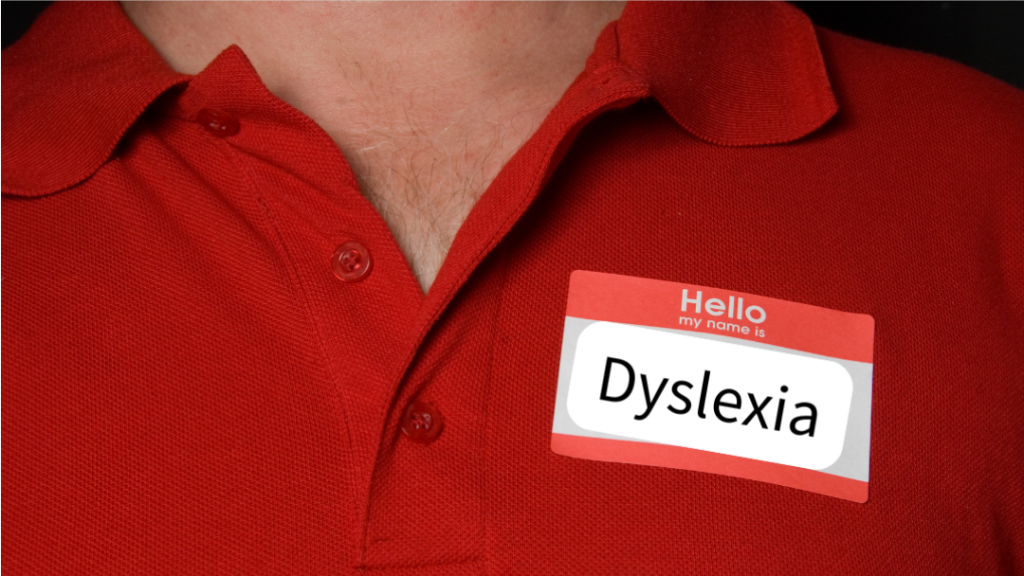Mainstream psychology has led parents to believe that a learning disability diagnosis explains their child’s academic struggles. In actuality, the problem has simply been named, not explained.

When a learner receives a neuropsychological assessment, they are required to perform skills: skills that must be learned via effective instruction and practice. Psychologists classify this performance according to diagnostic criteria for various learning disabilities, but the learning disability is never directly measured. The learner’s performance is directly measured, not the cause of it. The cause for the quality of that performance can only be inferred.

Many reasons for poor academic performance have nothing to do with a learning disability. More often than not, a sloppy learning history as a result of ineffective instruction and inadequate practice accounts for a learner’s current academic difficulties, not something inherently wrong with their ability to learn.
Sadly, when learners are classified as learning disabled, the ineffective education system remains unexamined and unchanged. Those responsible for educating that learner are, in fact, absolved of that responsibility when the onus for learning is placed on the learner rather than the educational environment.

Rather than simply giving academic problems a name, science-driven instruction solves those problems. When we assess a learner’s performance, we don’t use that assessment to infer some inherent cause for that performance. We assess performance to evaluate what skills have not been effectively learned so that we can design effective instruction and fluency-based practice on those skills.
Assessment should guide instructional design such that every learner has the opportunity to master fundamental academic skills.
Naming a problem doesn’t solve it.


